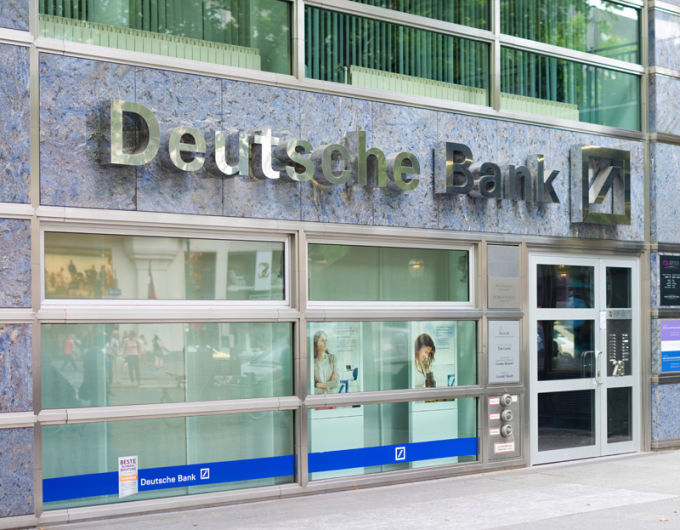
Last month, Deutsche Bank Securities Inc., Citigroup Global Markets Inc., JP Morgan Securities LLC and Interactive Brokers LLC agreed to pay a collective $4.8 million to end FINRA´s probe over inadequate risk controls.
According to FINRA´s allegations, the financial institutions violated the Market Access Rule, which establishes requirements for maintaining risk management controls that supervise clients’ access to the market.
FINRA sources explained that, “The purpose of this requirement is to prevent firms from jeopardizing their own financial condition and that of other market participants, while also ensuring the stability and integrity of the financial system and the securities markets.”
Through four separate settlements, Deutsche Bank will pay $2.5 million, Citigroup will pay $1 million, JPMorgan will pay $800,000, and Interactive Brokers will pay $450,000.
As a result of the lack of required supervision, FINRA, NASDAQ Stock Market LLC, and the New York Stock Exchange alleged that the four financial institutions caused the entry of orders that were often erroneous, duplicate, or exceeding pre-established credit thresholds.
Allegedly, the inadequate supervision of trades may also have failed to prevent manipulative trading, such as layering.
The amount of the fines was calculated based on the number of problematic orders entered by each firm and on whether they allowed potentially manipulative trading to proceed, ignoring red flags.
The level of cooperation with FINRA investigators was also taken into account. For instance, Deutsche Bank, though it incurred many violations, did self-report on the supervision failings, which helped to minimize sanctions.
Only a few days after reaching the agreement, Deutsche Bank was once again hit with monetary sanctions from FINRA over inadequate supervision, this time, of internal communications. The German bank agreed to pay $12.5 million to resolve allegations that it disseminated confidential information to employees over an internal speaker system.
Deutsche Bank allegedly failed to supervise the content of trade-related information disseminated through the system, and whether the information was also being inappropriately shared with customers. The research and trade-related information in question is known internally as “hoots.”
According to FINRA, “for several years, the firm repeatedly ignored red flags indicating that its supervision was inadequate, including internal audit findings and recommendations, multiple internal warnings from members of the firm’s compliance department, and internal risk assessments. Despite these red flags, the firm still failed to implement reasonable written policies, procedures and systems governing who should have access to the hoot information, how the employees should handle hoot information, and how supervisors should supervise employees to ensure compliance, and protection of confidential and material nonpublic information potentially communicated over the hoots.”
The resolution of the two cases clearly points to FINRA´s focus on supervisory controls. The Regulatory Authority´s investigators are looking closer and closer into how firm´s ensure compliance with supervisory requirements. Failure to put the right policies and procedures in place may result in substantial monetary sanctions.
Have questions about FINRA rules on supervisory controls or are you a target for FINRA disciplinary or enforcement action? Call or Email Us, Securities Law is all we do. Herskovits PLLC
 FINRA Lawyer Blog
FINRA Lawyer Blog

